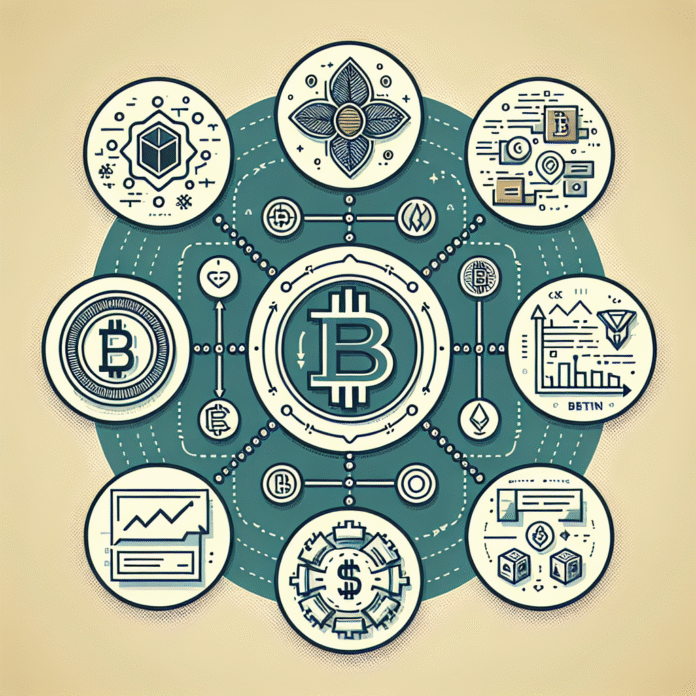Top Seven Cryptocurrency Investments Highlighting Real World Applications and Tokenization
Analytics Insight
Sure! Below is a rewritten version of the article, including additional relevant information, formatted as requested.
—
From Real-World Utility to Tokenization: Top 7 Cryptocurrencies to Consider for Investment
In the dynamic world of cryptocurrencies, identifying projects with real-world utility and robust tokenization strategies is crucial for investors looking to maximize their returns. Here, we explore seven standout cryptocurrencies that have captured attention for their innovative approaches and potential for growth.
1. Ethereum (ETH)
Ethereum remains a cornerstone of the crypto ecosystem, primarily due to its pioneering smart contract functionality. This platform has facilitated the rise of decentralized applications (dApps) and decentralized finance (DeFi). Ethereum’s upcoming transition to Ethereum 2.0 is expected to enhance scalability and transaction speeds, positioning it as a critical player in the future of blockchain technology.
2. Chainlink (LINK)
Chainlink is revolutionizing the way smart contracts interact with real-world data. By providing reliable oracles, Chainlink enables smart contracts to access external data sources, which is essential for applications in finance, insurance, and supply chain management. As more projects rely on accurate data feeds, Chainlink’s utility is poised for significant growth.
3. Cardano (ADA)
Cardano stands out for its commitment to scalability, sustainability, and interoperability. Its unique proof-of-stake consensus mechanism not only reduces energy consumption but also enhances transaction speed. Cardano’s academic approach to development, coupled with its focus on real-world applications in developing nations, makes it a compelling investment opportunity.
4. Polkadot (DOT)
Polkadot aims to create a multi-chain ecosystem that allows different blockchains to communicate and share information seamlessly. This interoperability is critical for the future of blockchain technology, as it enables a more connected and efficient network. Polkadot’s innovative architecture and focus on scalability make it an attractive option for investors.
5. Solana (SOL)
Solana has gained traction for its lightning-fast transaction speeds and low fees, making it an ideal platform for decentralized applications and NFTs. Its robust ecosystem has attracted numerous projects, positioning Solana as a major competitor in the blockchain space. As scalability becomes increasingly important, Solana’s unique architecture may drive its growth.
6. Avalanche (AVAX)
Avalanche is known for its high throughput and low-latency consensus mechanism, making it a strong contender for DeFi and enterprise applications. Its ability to support customizable blockchains allows developers to create tailored solutions for specific needs. As the demand for personalized blockchain solutions increases, Avalanche is well-positioned to capitalize on this trend.
7. Ripple (XRP)
Ripple has focused on revolutionizing cross-border payments through its blockchain technology. By partnering with financial institutions, Ripple aims to streamline international transactions, reducing costs and increasing efficiency. Despite regulatory challenges, Ripple’s ongoing innovations in payment solutions keep it relevant in the ever-evolving crypto landscape.
Conclusion
Investing in cryptocurrencies with real-world utility and strong tokenization strategies is essential for those looking to navigate the volatile market effectively. Each of the aforementioned cryptocurrencies offers unique benefits that cater to different aspects of the blockchain ecosystem. As the crypto space continues to evolve, staying informed about these projects will help investors make educated decisions.
—
This rewritten article presents the same core information while expanding on each cryptocurrency’s utility and potential impact in the market.

